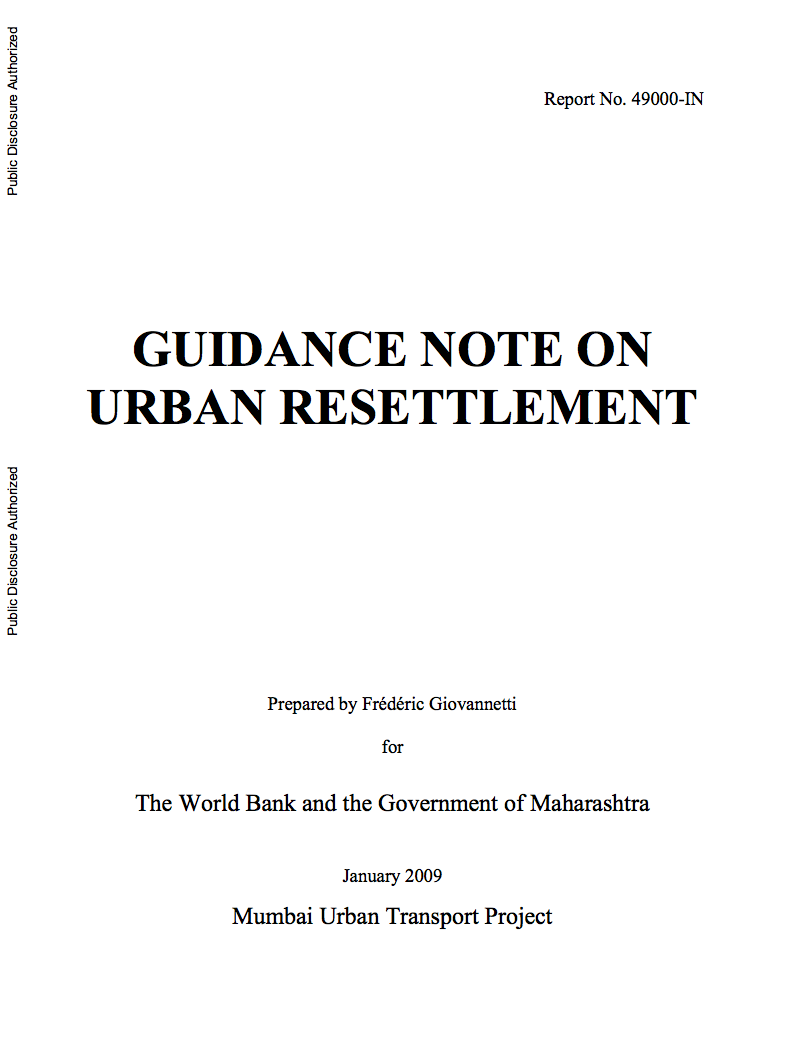The World Bank Annual Report 2009
The World Bank group, among the
world's largest development institutions, is a major
source of financial and technical assistance to developing
countries around the world. In fiscal 2009, the World Bank
group sponsored 767 projects with a total commitment of
$58.8 billion, distributed in credits, loans, grants, and
guarantees. This fiscal year's funding marks a 54
percent increase over the previous fiscal year and a record


